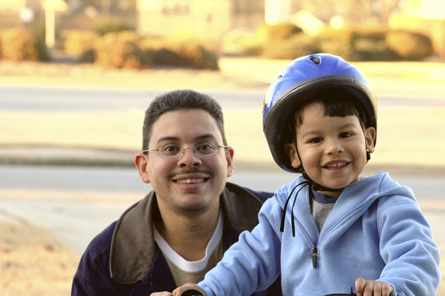By Dennis Pinto, Safe Release Program Assistant
2020 has brought obstacles, tensions, and dilemmas, but also, time to ponder, reflect, or act – whether preparing to vote in, arguably, one of the most crucial elections of our lifetime or binging some of the hottest tv shows like “Tiger King”. Regardless of our differences, one thing that has affected all of us is the COVID-19 pandemic. The pandemic prevented many from celebrating Hispanic Heritage Month in person, but virtually, we celebrated with food, shows, and music. From September 15 – October 15 each year in the U.S., we recognize the vast array of Hispanic/Latinx cultures.
I was able to attend a virtual summit on October 13 about how COVID-19 is impacting the Hispanic/Latinx populations. Panelists included Rebecca Vargas-Jackson, M.D., an infectious disease specialist at the Virginia Department of Emergency Management, and Sergio Rimola, M.D., a physician with INOVA. Some of the information we have all heard many times – the importance of masks, social distancing, and the timetable for vaccines – but there were also a few new takeaways. The most alarming information I learned was about the disproportionate number of Hispanics/Latinx people who are being affected by the pandemic. I didn’t realize the Hispanic/Latinx population in the state of Virginia represents about 10% of the entire population, but unfortunately, the cases of COVID-19 in the Hispanic/Latinx population make up:
- 45% of total cases in Virginia
- 35% of hospitalizations in Virginia, and
- 11% of total deaths in the state.
The disproportionate impact of COVID-19 on the Hispanic/Latinx population is due to the fact that Hispanic/Latinx people are often essential workers in industries that require human contact— restaurants, grocery stores, and delivery services— just to name a few. These numbers represent people who are sacrificing their health and the health of their own families to provide essential services for others. They are some of the true heroes during these hard times, along with the many people serving on the front line in the medical field — for that, I am grateful.
My hope is that many of these heroes had the opportunity to celebrate our culture. I participated by cooking several Bolivian dishes at home, supporting local Hispanic/Latinx owned restaurants in the Richmond area, including My Empanada (Henrico), Casa Grande (Richmond), El Pido Taco truck (Richmond) and Terraza (Richmond). The Que Pasa Festival link has awesome information about food, events, and resources: https://quepasafestival.com/. I plan to celebrate the Hispanic/Latinx cultures all year long and invite you to join me!


